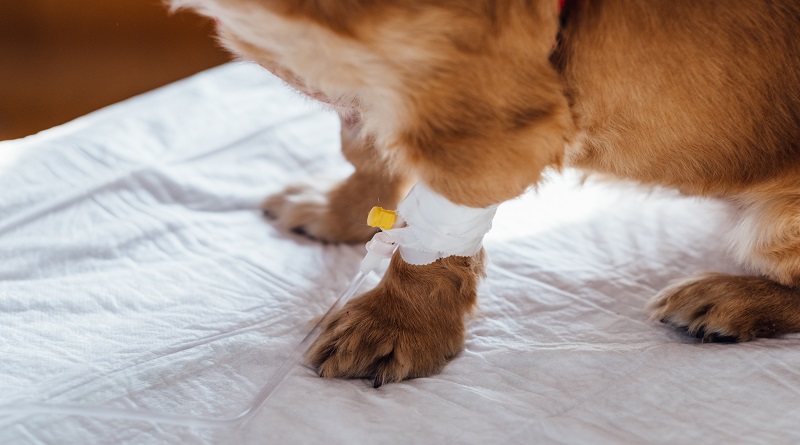If you have a love for animals and want to be a part of their health, wellbeing and treatment then the veterinary route may be for you. Are you patient, caring and able to apply a methodical approach to your work? If so, stick around here.
We might have the information you’re searching for below.
What is veterinary medicine?
Veterinary Medicine is the branch of medicine that deals with prevention, control, diagnosis and treatment of diseases, disorders and injuries of animals.
What 3rd level courses are available?
Universities and colleges in Ireland are offering courses in the following subject areas:
- Veterinary Medicine
- Veterinary Biosciences
- Veterinary Nursing
- Animal Care – Veterinary Assistant
Studying veterinary science in college
As there are a number of courses in the area of veterinary, course content will differ depending on your exact cours so be sure to look into what you’re looking for in great detail to ensure it’s right for you.
Undergraduate courses in veterinary science will usually be 5 years and veterinary nursing courses will normally be 4 years at Level 8 and 3 years if studied at Level 7. Like most courses, your first year in veterinary science will introduce you to the basics of veterinary and give you a foundation in the key areas that you will look at more in-depth as the course goes on. Your first and second year, you might look at different aspects of the veterinary science world including animal handling, animal structure, professionalism, welfare and so on.
In your second and third year you will look at more in depth content such as medicine, surgery, pathobiological sciences and similar subject areas. In your fifth year you will take on clinical rotations in order to put your theory into practice.
In general, in a veterinary science degree, students will spend about 40 hours a week in lectures and tutorials as well as their practical work experience roughly adding up to 36 weeks in total of experience gained throughout the course.
Other courses in areas such as veterinary nursing will follow a similar layout including lectures, tutorials and placement to gain experience.
Career options
Most who study a course in this area will go on to become veterinary surgeons, nurses or assistants. It is important to note that both veterinary courses and career paths are quite demanding. As a vet you may work very long hours, be on call, work early morning and late nights so a passion and love for your work is essential.
You can also choose if you would like to work with small animals, farm animals, equine practice or mixed practice. A large part of the role of a vet apart from their clinical practice is to play a part in protecting public health and carry out research into animal diseases as well as human diseases, wildlife and conservation.
If you choose the root of a veterinary nurse you will also work in veterinary practice or in different companies such as animal nutrition companies or pharmaceuticals. Normally you will work under the supervision of the veterinary surgeon and assist in certain procedures, care, treatments and so on.
To work in this area there are many skills and qualities you will need. These include strong communication skills, empathy, patience, sensitivity, ability to work long hours and work under pressure, ability to work well with others, a thorough and methodical approach and most importantly, a love and passion for animals.
Many also go into the field of researching or lecturing in universities.
Related jobs
- Veterinary surgeon
- Veterinary nurse
- Veterinary assistance
- Animal Scientist
- Agricultural and Food scientist
- Animal Care and Service Worker
Further study
Some carry on their study into a postgraduate masters degree and even eventually a PhD.
Visit postgrad.ie for more information.
FAQ
What do I need to get into a veterinary course?
Different courses and different colleges will have different entry requirements. It’s always safest to check with the individual higher education institution which is available on their websites. As a general rule Leaving Cert students should have a minimum of six subjects which should include: Two H5 (Higher Level) grades and Four O6 (Ordinary Level) grades or four H7 (Higher Level) grades. Subjects must include Mathematics, Irish or another language, and English.
Veterinary Medicine in UCD was 589 points in 2020 and required a H5 in Chemistry and an O6/H7 in Irish, Maths, and a third language. Veterinary Nursing ranged from 367 to 477 in a number of different colleges and universities.
In some cases, such as Veterinary Medicine in UCD, may require an interview and interview/test is required to get a place on the course.
Where can I study?
You can explore your options here.
Did you know?
- There is a species of jellyfish that are immortal
- Snails can sleep for three years at a time
- Octopuses have three hearts
- Elephants have a specific alarm call that means ‘humans’
Resources
www.veterinaryireland.ie












Comments